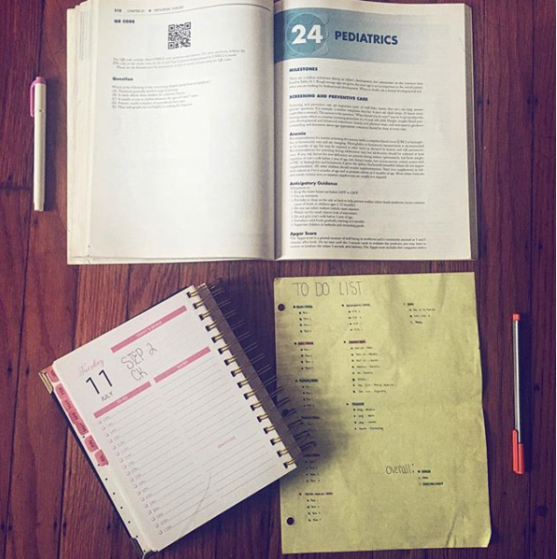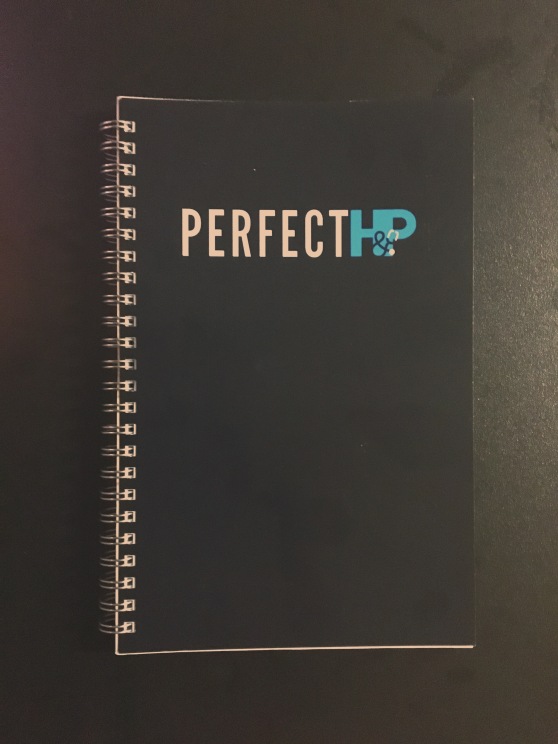Over the past couple of months, I’ve received a flurry of emails and Instagram messages about USMLE 2. These messages have one common question: “how do I study for USMLE 2 CK?” These questions, by my interpretation, are sent by medical students who are a bit more flustered than the medical students who send inquiries about USMLE 1. There are probably a couple of reasons for this. For one, there is insane pressure to receive a higher score on USMLE 2 than USMLE 1. If you crushed USMLE 1, you’re left kind of wondering…how can I reasonably do better? And, understandably, if USMLE 1 did not go the way you wanted…the pressure to do extremely well on USMLE 2 is high.
The awesome thing about USMLE 2 is that you’ve been studying for this exam since you started your clerkship year. The manner in which you prepared for your shelf examinations is honestly the way you should prepare for USMLE 2. I won’t address in this post how I approached each particular subjective given that there are three posts that address my approach to OB/GYN, Internal Medicine, Family Medicine, Surgery, Pediatrics, Psychiatry, and Neurology.
You figured out the kinks of studying for standardized examinations when you studied for USMLE 1. Aspects that I addressed in my USMLE 1 post such as registration, study schedules, and etc. aren’t worth revisiting in this post. Give yourself some credit. You already know how many hours you can study a day, how many days off per week you need to feel like a normal human, and what examination snacks are gonna carry you through test day. I say all of this to reassure you: you are going to be great. I say all of this because I am still extremely aware of how panicked I was before USMLE 2 and I was legitimately more stressed for USMLE 2 CK than USMLE 1.
Why? Well, I think people downplay USMLE 2. I asked quite a few people the year above me for their advice for Step 2. The advice I received was minimal: “you don’t need more than two weeks or so. It’s easy.” You guys are going to do well on this exam, I have faith in you, but it is by no means easy. Like all standardized examinations, USMLE 2 CK can be tricky. There are questions that are you almost guaranteed to look at…skip…come back to…look at…shed tears…say a prayer…make an educated guess. That’s fine and honestly to be expected.
In this blog post, I’ll share my approach to receiving a 250+ score on USMLE 2 CK and share a little bit about how I prepared for USMLE 2 CS.









